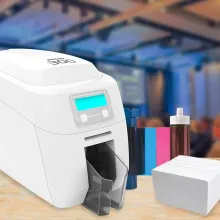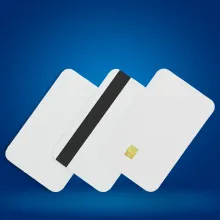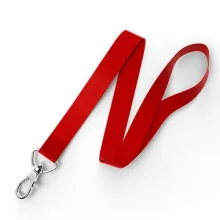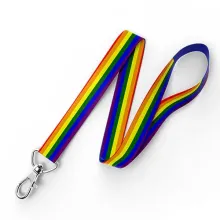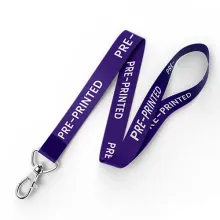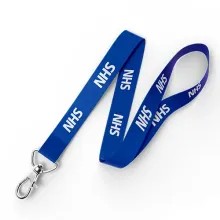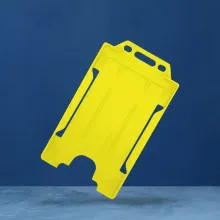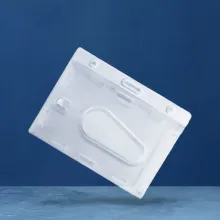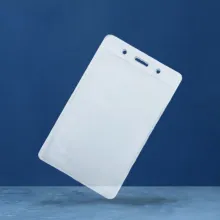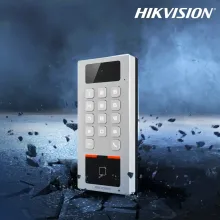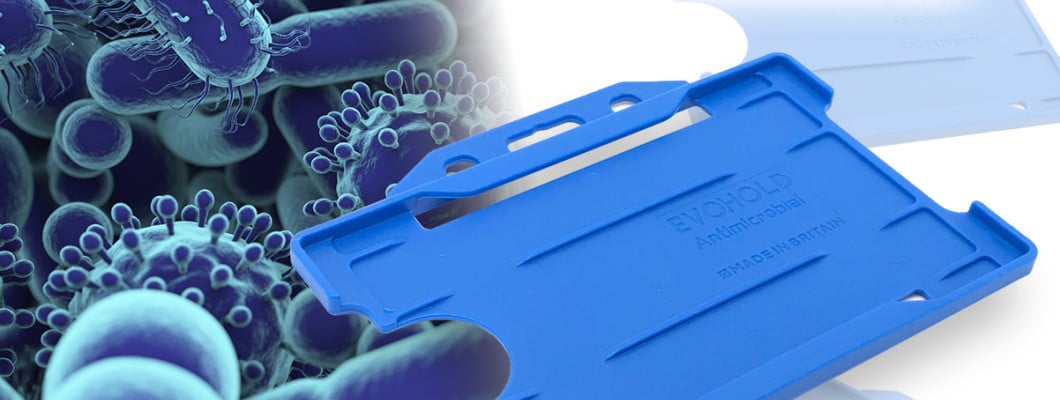
Published 09 April 2020
Last Updated 12 February 2026
The need for good hygiene measures
In all corners of industry, some more than others, good hygiene measures are required to help keep staff and customers safe from illness. Standard measures might include hand wash basins, good ventilation and regular cleaning of work areas- but have you ever considered other ways in which the spread of microbes can be reduced to aid the prevention of harmful bacteria growing?
Now more than ever, businesses are striving to put new hygiene measures in place- not only to protect staff and customers but also to show that they are taking responsible measures to restrict the spread of viruses.
One way to help reduce the number of harmful bacteria spreading on surfaces in the workplace is by, where possible, sourcing antimicrobial products to be used for objects that are handled frequently. Mobile phones, plastic credit cards and ID cards are all examples of items that most of us use on a daily basis but seldom clean. Our mobile phones might have up to 10x more bacteria on them than a toilet seat!
So how can we reduce this?
Antimicrobial materials are used in the production of many handheld items to increase their antimicrobial resistance. For example, phone cases are often antimicrobial, meaning that the growth of bacteria on the surface of the case is greatly restricted.
But what about in a business context? Well, consider what objects you might use on a daily basis but very rarely clean. Do you have a work ID card? These can carry thousands of bacteria transferred from all the different surfaces it might touch in a typical day at the office. Of course, you will handle your ID with your hands each day. But perhaps you use it to get in and out of the office via access control or to clock in and out, in which case it is coming into contact with a reader that everyone else in the workplace has also used. This is just one way that bacteria spreads throughout the work environment.
This is where antimicrobial cardholders come into the equation.
Antimicrobial cardholders – what are they?
Antimicrobial badge holders or ID card holders, just like standard holders, are plastic attachments that can hang from the end of your lanyard. Just like standard cardholders, they can be single-sided, double-sided, landscape or portrait – to cater to the needs of different businesses.
The only difference with the holders is that they are made using an antimicrobial additive that drastically limits the number of microbes that can live on the cardholder. They’re available in the same wide range of colours as our standard holders, including NHS Blue and natural clear – which are in stock for next-day delivery.
How do they work?
Our antimicrobial card holders, manufactured by Evohold, use an antimicrobial ‘Biomaster’ additive that stops the growth and spread of bacteria on 3 counts for unrivalled protection against harmful bacteria.
One way in which Biomaster restricts bacteria is by disrupting the bacteria cells from growing. It does this by binding onto the cell wall, restricting the spread of the cells on the surface of the cardholder. Biomaster also stops the cells from producing energy, curtailing bacteria spread. The third effect that Biomaster has is to interrupt the bacteria cells’ DNA, preventing cell replication and thus stopping the growth of the bacteria on the holder’s surface.
In summary:
- Biomaster disrupts the bacteria cell from growing as it binds to the cell wall.
- The Biomaster ions stop the bacteria cell from producing energy.
- The cell’s DNA is interrupted by Biomaster’s active silver technology, which prevents any replication.
Why do I need them?
Now more than ever, there’s awareness of needing good hygiene measures in the workplace. Businesses need to put measures in place to protect their employees and reassure customers that steps have been taken to stop the spread of bacteria.
There is a particular need for these measures if your business operates in healthcare or the food industry, where stringent hygiene has always been a key priority.
Cleaning surfaces regularly and issuing antimicrobial products such as cardholders are perhaps the two most effective ways of limiting bacteria spread- especially if the products are handled or come into contact with other surfaces frequently.
Can they be recycled?
Global plastic pollution is another factor that businesses must consider when selecting products. We’re pleased to say that our antimicrobial cardholders, just like our standard plastic cardholders, are recyclable in your normal recycling waste collections. They’re made of PP (Polypropylene) plastic which can be broken down into granules and used in the production of new products.
If you are interested in recycling your used cardholders of any type, we recommend taking them to your local recycling centre for a securer and more eco-friendly disposal.
About the Author
Finley Barter
Sales Specialist
Finley Barter is a go-to expert for all things ID card printers and personalised lanyards, helping customers choose the right print solutions and branding options with confidence. Whether you're setting up a new system or upgrading your event materials, Finley ensures everything runs smoothly – from print quality to lanyard design.

